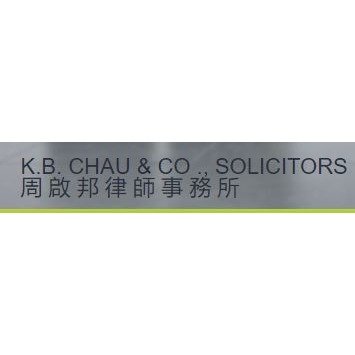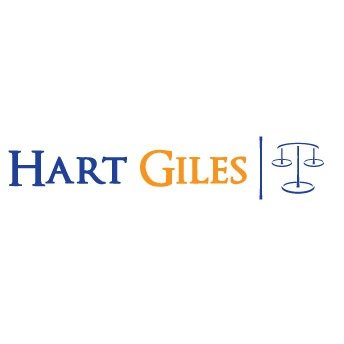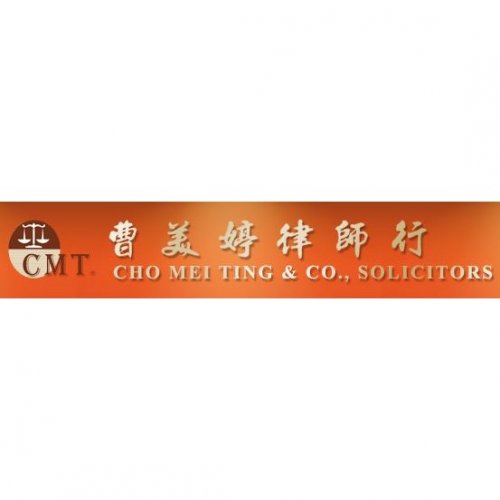Best Elder Abuse Law Lawyers in Hong Kong
Share your needs with us, get contacted by law firms.
Free. Takes 2 min.
Or refine your search by selecting a city:
List of the best lawyers in Hong Kong
About Elder Abuse Law in Hong Kong
Elder abuse in Hong Kong is a growing concern as the population ages. Elder abuse can take various forms, including physical, emotional, financial, and neglect. Hong Kong has specific legal provisions to address and prevent elder abuse. These laws are designed to protect the elderly and ensure their well-being and dignity. While Hong Kong does not have a standalone Elder Abuse Law, protections can be found in various legal frameworks, such as domestic violence laws and criminal codes.
Why You May Need a Lawyer
Understanding and navigating the legal landscape concerning elder abuse can be complex. Common situations where legal help might be needed include:
- Suspected or reported cases of physical or emotional abuse of the elderly.
- Instances of financial exploitation or mismanagement of elderly individuals' assets.
- Cases of neglect or inadequate care in residential or nursing homes.
- Seeking guardianship or protection orders for vulnerable elderly individuals.
- Needing legal representation to advocate for elder rights or to pursue compensation for abuse.
Local Laws Overview
Key aspects of the legal framework relevant to Elder Abuse in Hong Kong include:
- Domestic and Cohabitation Relationships Violence Ordinance: This ordinance allows victims of domestic violence, including the elderly, to apply for injunctions to stop the abuse.
- Elderly Services: Government services and social welfare bodies support elderly protection, though not legally binding, they offer protective measures.
- Criminal Law: Physical abuse or neglect of an elder can lead to criminal charges under general assault, fraud, or theft statutes.
- Mental Health Ordinance: Provides for the protection and management of individuals who are mentally incapacitated, often used in elder abuse cases involving neglect or financial exploitation.
Frequently Asked Questions
What constitutes elder abuse in Hong Kong?
Elder abuse includes physical, emotional, and financial harm, as well as neglect by caregivers or family members.
What should I do if I suspect elder abuse?
Contact local authorities, such as the Social Welfare Department, or seek legal advice to understand and explore protective measures.
Can elder abuse be reported anonymously?
Yes, concerned parties can report suspected elder abuse to the authorities or social services anonymously to protect the victim.
What legal protections are in place for elderly victims of domestic violence?
Under the Domestic and Cohabitation Relationships Violence Ordinance, victims can apply for legal injunctions against the abuser.
How can financial exploitation be addressed legally?
Victims or their representatives can seek legal action for fraud or theft, and freezing of assets may be possible through legal channels.
Are there resources available for elderly individuals in care homes?
Yes, the government monitors care home standards and has complaint mechanisms in place to ensure adequate care and treatment.
Can guardianship be sought for an elder who cannot make decisions independently?
Yes, the Mental Health Ordinance allows for the appointment of guardians for mentally incapacitated individuals, including the elderly.
What are the potential legal consequences for perpetrators of elder abuse?
Penalties may include criminal charges leading to fines or imprisonment, depending on the nature and severity of the abuse.
How can I seek compensation for harm caused to an elderly person?
Legal avenues exist to pursue compensation for damages through civil lawsuits against abusers or negligent caregivers.
Is elder abuse a criminal offense in Hong Kong?
While there is no specific elder abuse law, criminal acts such as assault or fraud under general criminal law apply to cases involving elders.
Additional Resources
Individuals seeking information or help regarding elder abuse can contact the following resources:
- Social Welfare Department: Offers support services and intervention strategies.
- The Hong Kong Elderly Commission: Provides policy recommendations and resources aimed at elderly rights and protection.
- Legal Aid Department: Can assist financially eligible individuals in obtaining legal representation.
- Non-Governmental Organizations (NGOs): Various NGOs provide advocacy, support, and hotline services for elder abuse prevention and intervention.
Next Steps
If you or someone you know needs legal assistance in elder abuse matters, consider the following steps:
- Document any signs of abuse, neglect, or financial misconduct to build a case.
- Contact local authorities or organizations such as the Social Welfare Department for immediate assistance.
- Consult with a lawyer who specializes in elder abuse or related fields to discuss your options and next steps.
- Consider applying for legal aid if necessary and eligible, to ensure access to justice.
Lawzana helps you find the best lawyers and law firms in Hong Kong through a curated and pre-screened list of qualified legal professionals. Our platform offers rankings and detailed profiles of attorneys and law firms, allowing you to compare based on practice areas, including Elder Abuse Law, experience, and client feedback.
Each profile includes a description of the firm's areas of practice, client reviews, team members and partners, year of establishment, spoken languages, office locations, contact information, social media presence, and any published articles or resources. Most firms on our platform speak English and are experienced in both local and international legal matters.
Get a quote from top-rated law firms in Hong Kong — quickly, securely, and without unnecessary hassle.
Disclaimer:
The information provided on this page is for general informational purposes only and does not constitute legal advice. While we strive to ensure the accuracy and relevance of the content, legal information may change over time, and interpretations of the law can vary. You should always consult with a qualified legal professional for advice specific to your situation.
We disclaim all liability for actions taken or not taken based on the content of this page. If you believe any information is incorrect or outdated, please contact us, and we will review and update it where appropriate.
Browse elder abuse law law firms by city in Hong Kong
Refine your search by selecting a city.

















